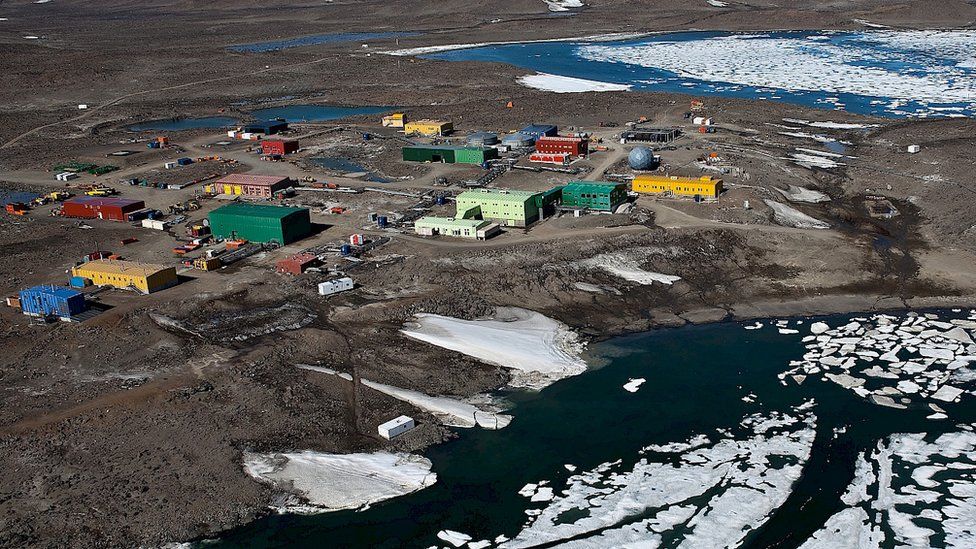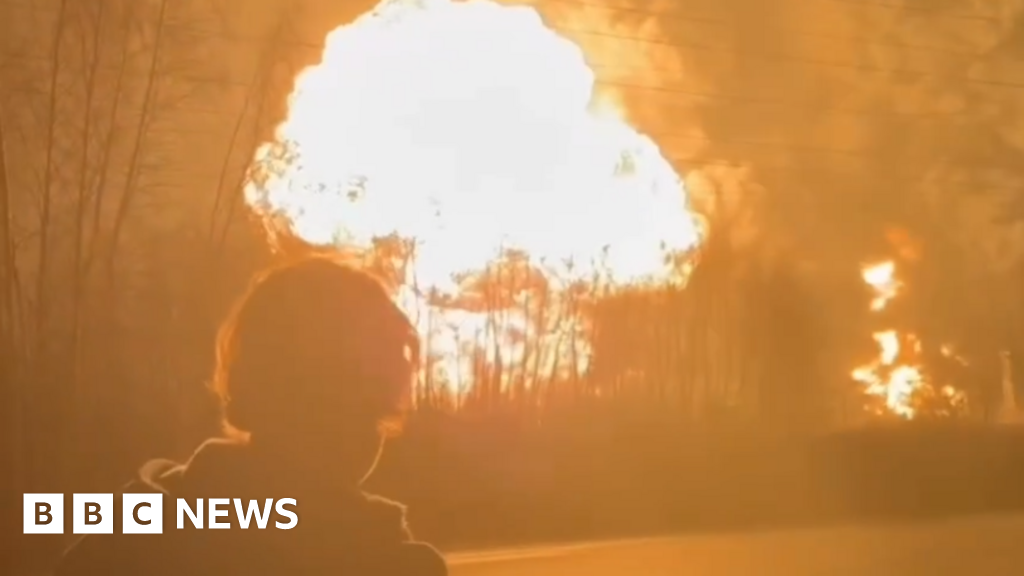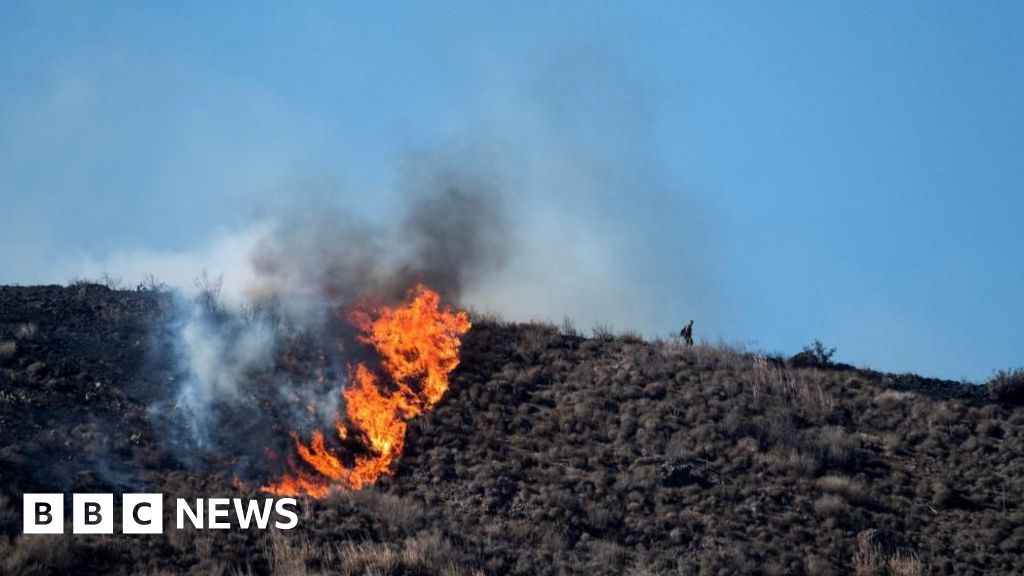ARTICLE AD BOX
By Frances Mao
BBC News
 Image source, AUSTRALIAN ANTARCTIC DIVISION
Image source, AUSTRALIAN ANTARCTIC DIVISION
One of Australia's stations on Antarctica
Women working at Australia's research camps in Antarctica have endured widespread sexual harassment, a report has found.
It described evidence of uninvited touching, requests for sex, and a predatory" culture which condoned pornography on walls and sexual taunts.
Woman also felt they had to hide their menstruation, and ration tampons and pads because they were so limited.
Officials have condemned the findings and vowed to bring on cultural change.
Australia's Environment Minister Tanya Plibersek said she was "gobsmacked" by the independent review of Australian Antarctic Division (AAD) sites. It was instigated after individuals made complaints.
"As a minister, I take a zero-tolerance response to sexual harassment in any workplace I am responsible for," Ms Plibersek told the Australian Broadcasting Corp (ABC).
Australia's Antarctic sites are located on the continent's eastern edge, and include the Casey, Davis and Mawson research stations.
During the summer up to 500 expeditioners can be dispatched there, but during winter months the camps are reduced to about 15-30 key workers. Those workers - including doctors, chefs, and field officers - typically spend a year living at a station.
Women in the camps felt like they couldn't escape or get immediate help due to the remote and isolated environment, said the report's author Meredith Nash, a professor at the Australian National University.
They "have to work in the fields with their abusers for weeks at a time because they simply can't leave", she told the ABC, which first reported the findings on Friday.
"Or, because of the power dynamics, they are not in a position to make a complaint or get support immediately as they would do back home," she added.
The report also found a homophobic culture among the male-dominated field, and said people feared speaking out because they didn't want to be excluded from future expeditions.
In such a masculine environment, women scientists felt pressure to hide their periods out of fear of male judgement, the review said.
Women also had to "go through a gatekeeper to access free menstrual products" with a voucher request system, reflecting a lack of adequate support in basic camp infrastructure.
AAD Director Kim Ellis said they were already putting in place the report's recommendations.
"I am deeply concerned by the experiences described at our workplaces where people have been sexually harassed, discriminated against and excluded," he said.

 2 years ago
22
2 years ago
22








 English (US) ·
English (US) ·